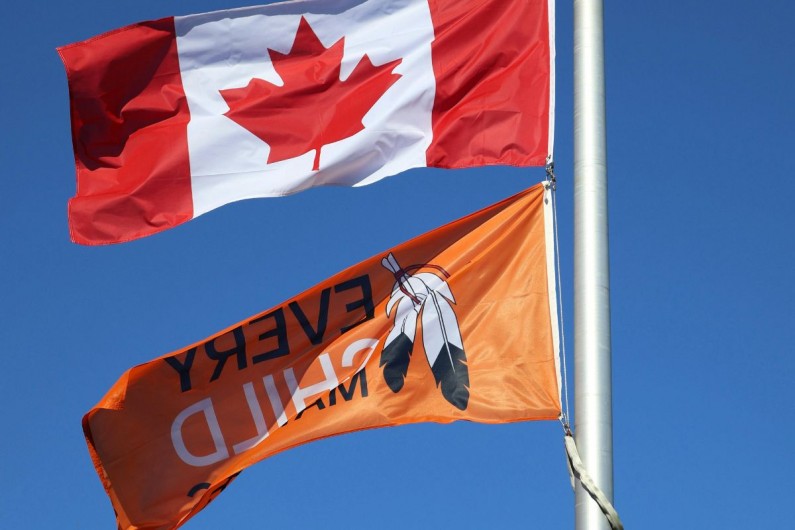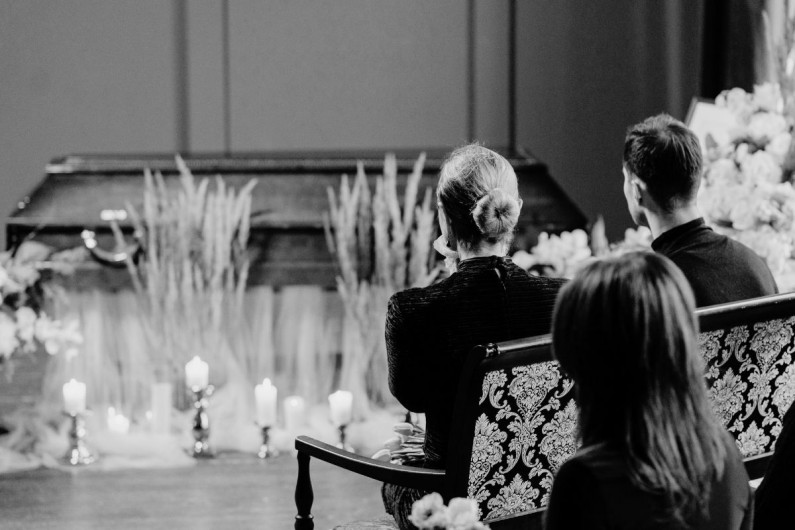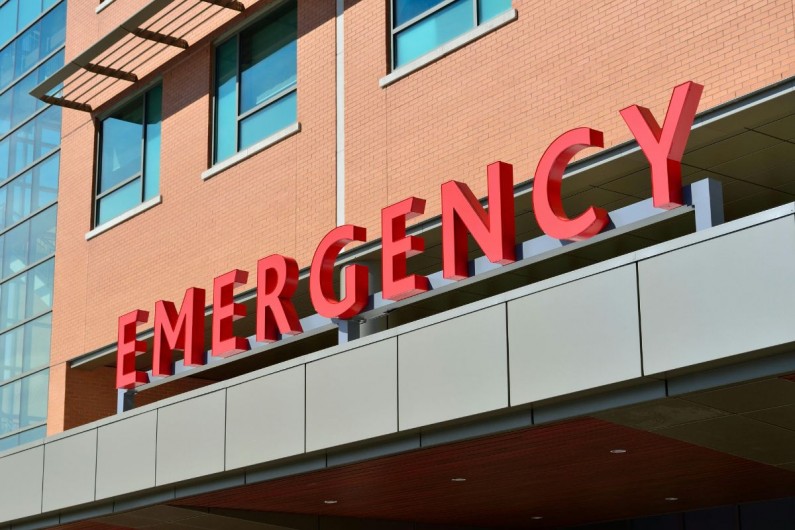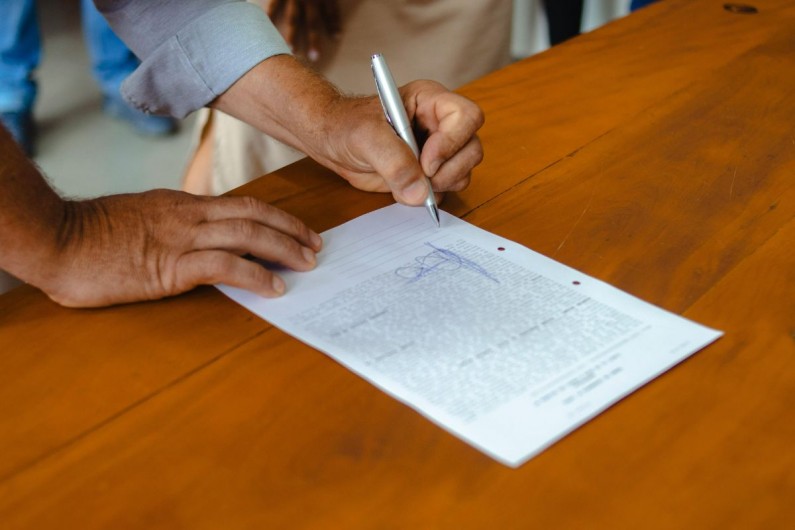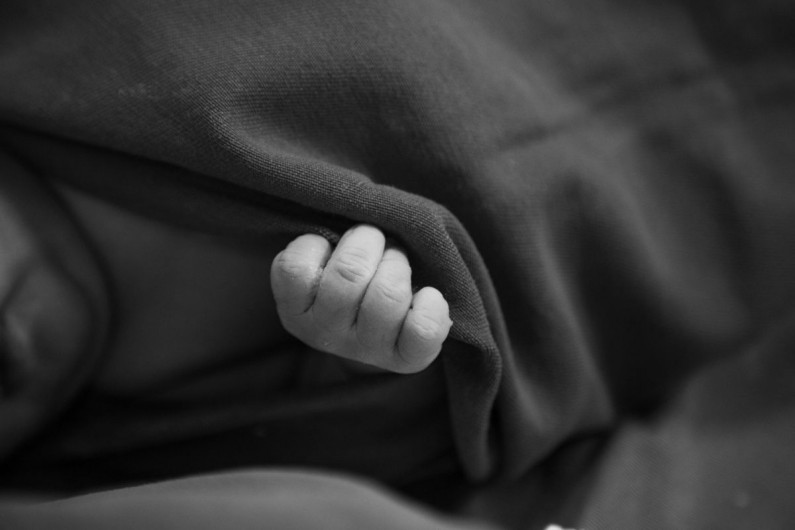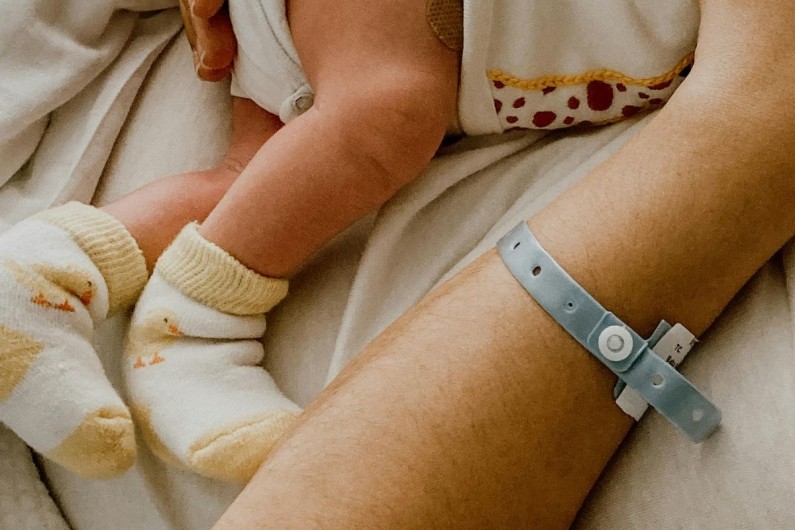News
Medical Malpractice
The contents of these posts are for general information only, and should not be construed as legal advice.
Truth and Reconciliation in Medicine: A Legal Perspective
The National Day for Truth and Reconciliation is a time to reflect on Canada’s history of colonization and the ongoing impacts it has on Indigenous communities. Among the most pressing issues is healthcare, where systemic inequities continue to create barriers for Indigenous patients.Understanding Wrongful Death Claims in Alberta
Losing a loved one is one of the most difficult experiences a family can endure. When that loss is caused by negligence, whether through medical malpractice, a motor vehicle accident, or another preventable incident, the grief is often compounded by questions of justice and accountability.Systemic Racism in Healthcare: The Legal Impacts on Indigenous Patients
Across Canada, Indigenous communities continue to face profound inequities when accessing healthcare. These disparities are not just statistical; they are lived experiences that can mean the difference between life and death.Case Summaries: DD v Wong Estate, 2019 ABQB 171
WB lawyers successfully brought a claim against two obstetricians on behalf of an infant born with a catastrophic brain injury due to a delay in diagnosis of intrauterine growth restriction.Case Summaries: Barbe v Evans, 2020 ABQB 599
WB lawyers successfully brought a claim on behalf of man who suffered permanent bladder and renal injuries following a negligent performed GLL prostate resection.Case Summaries: Khaleel v Indar, 2023 ABKB 547
WB lawyers successfully brought an informed consent claim on behalf of a man who sustained injuries during a open hernia repair and was not advised of an alternative treatment optionPreventable Birth and Neonatal Injuries: Oxygen Deprivation, Hypoglycemia & Jaundice Explained
Birth and neonatal injuries can be life-altering for children and their families—especially when those injuries were preventable.Case Summaries: Williams v Rosenstock, 2020 ABQB 303
WB lawyers successfully brought a claim on behalf of a woman who suffered significant and permanent injuries due to a delay in diagnosis of cauda equine syndrome.Case Summaries: KY v Bahler, 2023 ABKB 280
WB lawyers successfully brought a claim on behalf of infant twins who suffered catastrophic brain injuries due to a delay in diagnosis of TTTS leading to premature deliveryCommon Barriers to Filing a Birth Injury Lawsuit—and Why You Shouldn’t Delay
When a child suffers a birth injury, pursuing legal action may be the last thing on a parent’s mind.
INDIGENOUS LAND ACKNOWLEDGEMENT
The lands on which Edmonton sits and the North Saskatchewan River that runs through it have been the sites of natural abundance, ceremony and culture, travel and rest, relationship building, making, and trading for Indigenous peoples since time immemorial. Edmonton is located within Treaty 6 Territory and within the Metis homelands and Metis Nation of Alberta Region 4. We acknowledge this land as the traditional territories of many First Nations such as the Nehiyaw (Cree), Denesuline (Dene), Nakota Sioux (Stoney), Anishinaabe (Saulteaux) and Niitsitapi (Blackfoot).
Weir Bowen acknowledges the many First Nations, Métis and Inuit who have lived in and cared for these lands for generations. We are grateful for the traditional Knowledge Keepers and Elders who are still with us today and those who have gone before us. We make this acknowledgement as an act of reconciliation and gratitude to those whose territory we reside on or are visiting.

